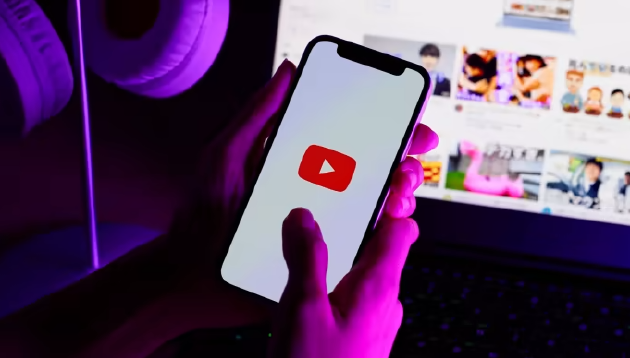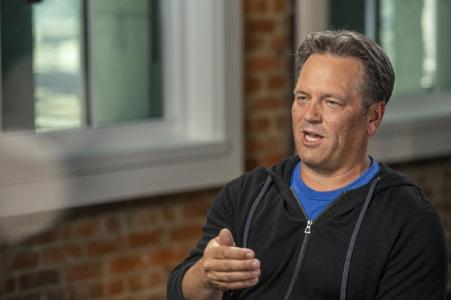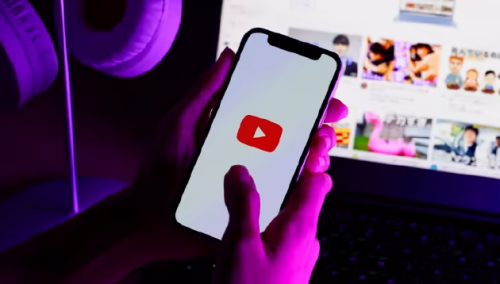your current location is:Home > TechnologyHomeTechnology
UGC content brings moderation issues, YouTube plans full push into professional video

Few people know that YouTube originally originated from online dating. One of the original ideas of YouTube founders Chad Hurley, Chen Shijun and Jawed Karim was to provide a video site for people looking for a partner. However, such a philosophy then gave way to home video. Now, YouTube seems to be more interested in professionally produced videos.
Many people may be wondering why the Google-owned platform needs TV channels and streaming content. The user-generated content (UGC) model has made YouTube one of the most popular sites in the world, with more than 2 billion monthly active users, far more than Netflix, Disney+ and Apple TV+ combined. YouTube also attracts a large number of teenage users. According to the Pew Research Center, YouTube is the most popular social platform among U.S. teens, even surpassing TikTok. Also, the content on YouTube is free.
TV channels and streaming video services don't live up to YouTube's stated mission of "giving everyone a voice and showing them the world." Yet the price of giving everyone a voice has always been relentless criticism. The UGC model means that YouTube needs to maintain an impossible balance between promoting free speech and moderating questionable content. In addition, the platform algorithm will also push videos containing extreme content to users. Netflix's programming costs can be high, but there's no need to face the blame for that.
The problem for YouTube is that the company will be criticized for being irresponsible if it allows these unpleasant videos to remain on the platform, and it will be accused of overstepping its authority if it regulates the content.
YouTube has been defending its moderation mechanisms and algorithms, while also reducing its recommendations for content it identifies as "disabled." Annie Chen of the City University of New York and other researchers found that most viewers of extremist content on YouTube are a small group of people who follow a particular channel. In other words, these people are actually actively looking for this kind of content, not YouTube pushing it to users. Still, the idea that YouTube fuels extremist ideas persists.
In his new book on YouTube, "Likes, Comments, Subscribes," due out next month, Mark Bergen explains that moderation of content has been difficult from the start. Deciding which videos to keep is also a pain in the ass for YouTube employees. When YouTube took a more aggressive stance on removing videos in 2017, the company even allowed pet dogs to be brought into the office to reassure employees.
This year's criticism was even more embarrassing, as YouTube's ad business was underperforming. YouTube's revenue rose less than 5% last quarter, the lowest level in two years. Advertisers are worried about a recession and competition in the market is intensifying. In fact, part of the slowdown in revenue growth is due to a very strong performance in 2021, when the pandemic pushed up viewership. Similar issues have been reported on other social media platforms.
Yet YouTube's revenue also doesn't look great compared to other big social media companies. If YouTube's monthly active users are indeed 2 billion, that means revenue per user was less than $4 last quarter. This indicator from Meta can almost double that number.
So TV and streaming services are attractive to YouTube. This part of the business can increase YouTube's revenue without increasing the pressure on content moderators. More than 5 million users have already purchased YouTube TV premium packages. It includes more than 85 TV channels, though it's expensive at $64.99 a month. According to media reports, YouTube is also developing a similar bundle for the streaming service.
Online streaming has become the most dominant way Americans watch television, according to Nielsen. Not every tech company is willing to share data with YouTube, but YouTube should do well if it can pull together a mix of streaming services and solve difficult choices.
related articles
Article Comments (0)
- This article has not received comments yet, hurry up and grab the first frame~













